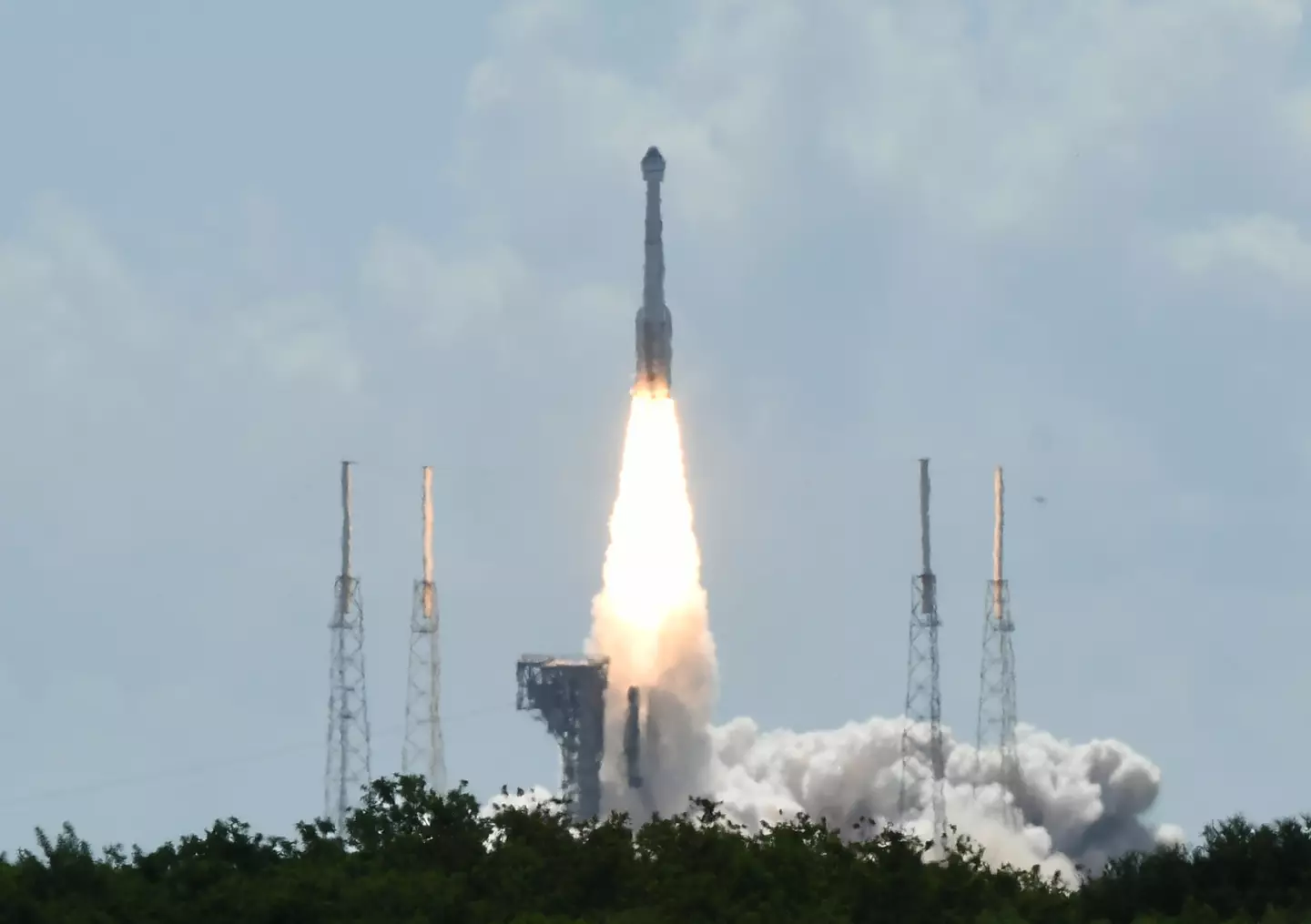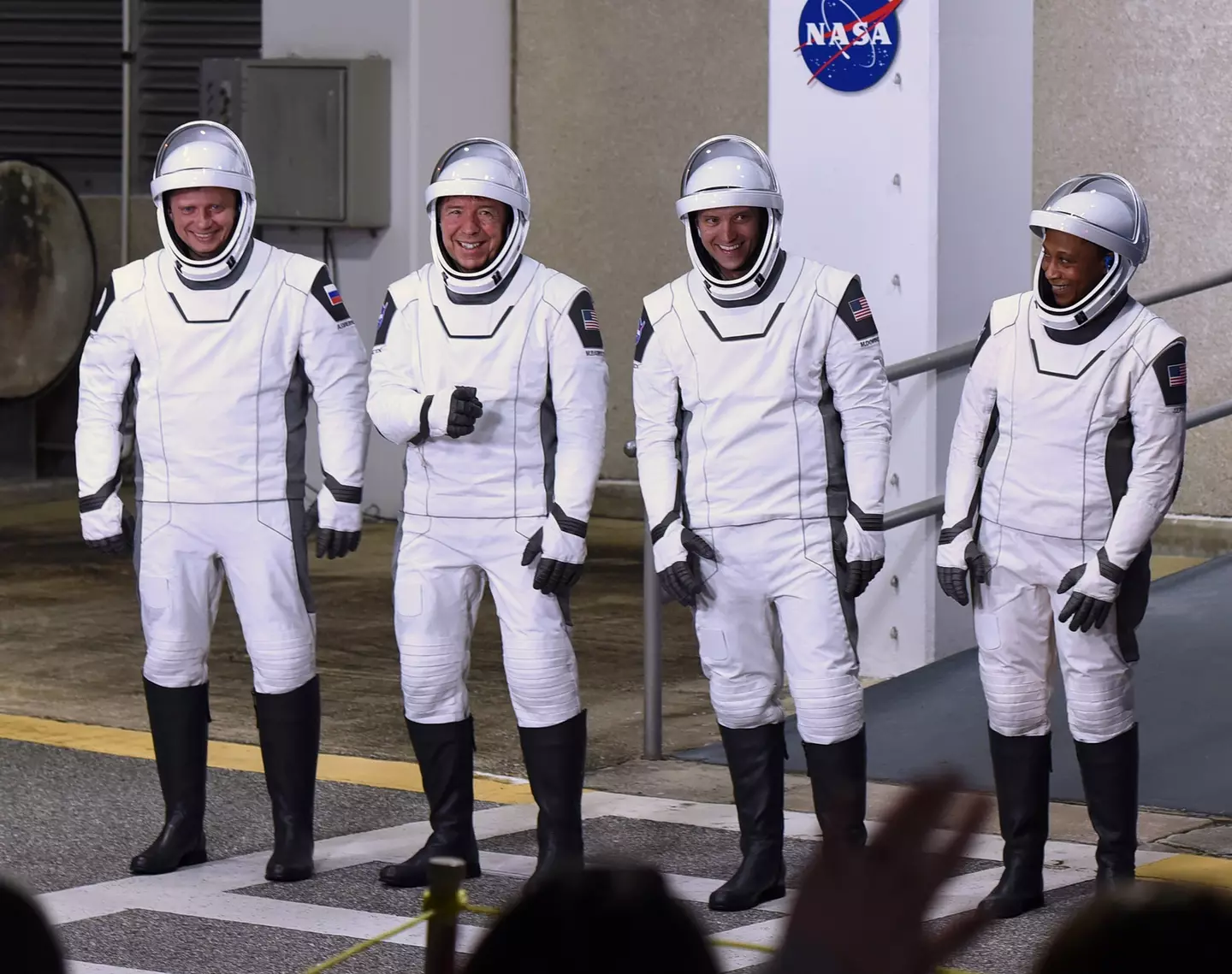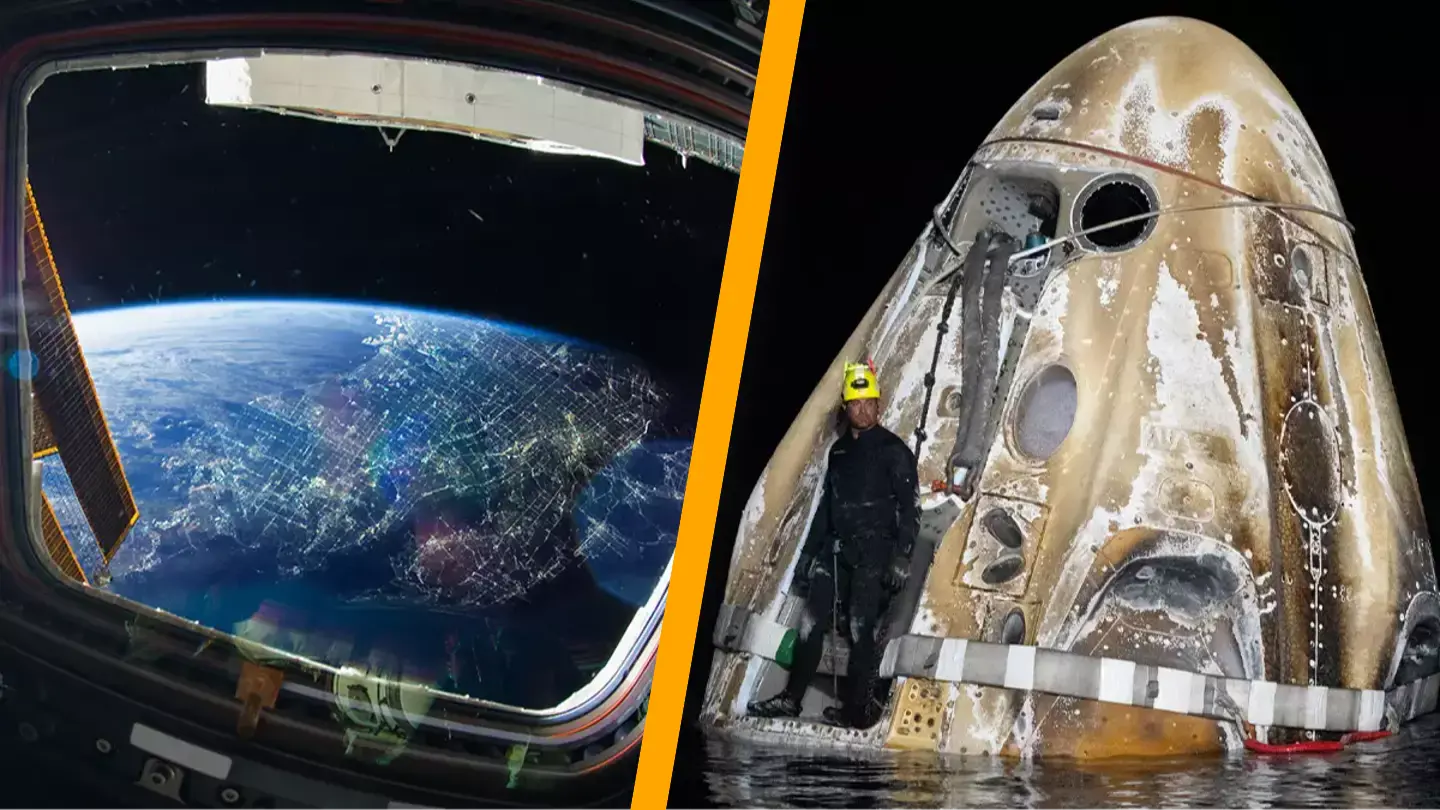Being an astronaut requires a lot of courage, especially considering the daunting idea of speeding into space at thousands of miles per hour.
Even though space travel is both incredibly fascinating and intimidating, it turns out that leaving Earth is not what scares astronauts the most.
In reality, it is the return journey back to Earth that presents the most frightening part of the expedition.
Astronauts featured in the 2018 National Geographic documentary One Strange Rock discussed how they believe re-entering Earth is “the most dangerous thing an astronaut will ever do.”

The experience is reportedly even more nerve-wracking if you’re sitting by a window because you can witness “orange and purple flames of 3,000 degrees” right outside.
One astronaut remarked, “That’s pretty freaking scary,” and another compared flying the Russian Soyuz to “flying a meteorite home.”
This is due to the fact that during re-entry, the spacecraft plummets into the atmosphere at astonishing speeds of about 17,500 miles per hour.
In fact, the speed is so great that as a spacecraft re-enters Earth, it surpasses the speed of sound, which is beyond what most people can imagine.
Space travel inherently involves significant risk, and being in space can have various effects on the human body—just consider Frank Rubio, who spent a year in space.
Earlier this month, it was revealed that four astronauts who had returned to Earth after spending 200 days in the SpaceX Dragon capsule were admitted to the hospital.

The crew landed in Florida on October 25, and one astronaut received immediate medical attention. However, NASA later announced that all crew members would be taken to the hospital.
Matthew Dominick, Michael Barratt, Jeanette Epps, and Alexander Grebenkin were sent to Ascension Sacred Heart Pensacola hospital in Florida for assessment “out of an abundance of caution.”
All four have been released and are reportedly in good health, according to NASA, although they did not provide specific reasons for the hospitalization.
The organization stated in a blog post, “To protect the crew member’s medical privacy, specific details on the individual’s condition and identity will not be shared.”
Given these challenges, it might be wise to leave space travel to the experts and keep our feet firmly planted on Earth.

